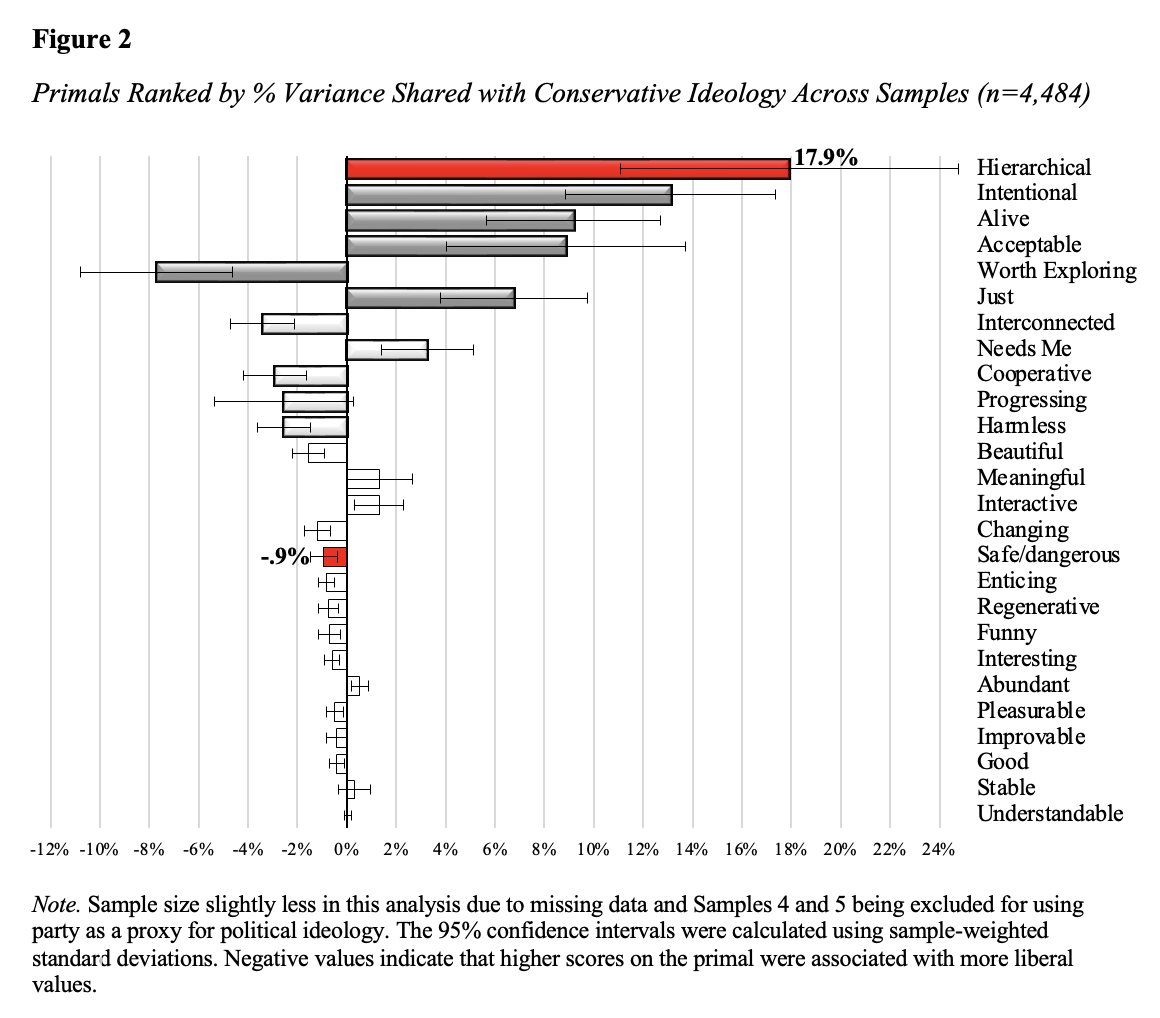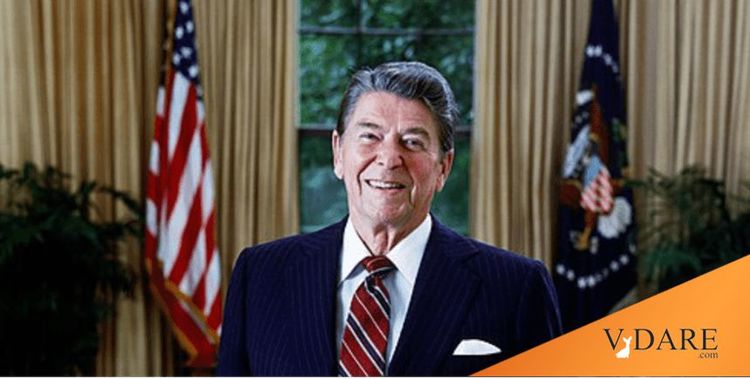

09/02/2022
Here’s a new paper from Social Psychological and Personality Science:
By Jeremy D.W. Clifton and Nicholas Kerry
Here are tweets from Clifton explaining their findings:
@jerclifton
Decades of research shows conservatives (compared to liberals) see the world as a more dangerous place, which is thought to increase conservative views on immigration, military, etc.We were wrong. Big SPPS article w/@NicholasTKerry1 out today
https://doi.org/10.1177/19485506221119324
Belief in a Dangerous World Does Not Explain Substantial Variance in Political Attitudes, But Other…
Decades of research suggest a correlation between belief in a dangerous world and political conservatism. However, research relied on a scale that may overemphasize…Most previous research relied on one scale. It was created before researchers discovered (in 2019) that dangerous world belief has seven dimensions. The first of our four big findings is that we replicated pre-registered results showing the old scale happens to highlight only the three dimensions where conservatives see the world as slightly more dangerous (competitive, declining, and physically hazardous) and neglects the one big way liberals see the world as more dangerous (rife with injustice).
E.g., the liberal world went nuts in the summer of 2020 over the thought of how dangerous the world is for its George Floyds.
2nd big finding: using an improved, more balanced measure in 9 samples (5,500 subjects) we found virtually no difference when it came to dangerous world belief. If the average conservative met the average liberal, they’d agree on how dangerous the world is.
This kinda blew our minds, contradicting not just expectations and decades of findings, but also some of our own research too. Could this be an artifact of how we were measuring political views? So we looked at 25 left-right issues, from Trump support to views on climate.
3rd big finding: the same pattern of correlates held across the 25 measures. For example, in 2016, Sanders supporters actually saw the world as slightly more dangerous than Trump supporters, though that difference was nonsignificant.
Clifton’s earlier work was on Primal Beliefs about the world:
Our 4th and most important finding: we identify the actual main world belief differences that separates liberals and conservatives.
Of 26 possible “primal world beliefs” or “primals”–researcher terms for extremely simple world views–the biggest difference by far was the view that the world is an inherently hierarchical place, where differences matter and probably deserve respect. This belief concerns not just differences among humans (between rich/poor, etc.). *All* things can be ranked.
I’m a huge rankaholic. Give me a spreadsheet of anything and I’ll hit Data-Sort to see what’s at the top and at the bottom.

On the other hand, I’m not using “rank” the way that, say, Edmund Burke used “rank.” Burke waged a massive campaign to impeach and convict Warren Hastings, the supreme of the British East India Company, for exploiting Indians, because Burke was a great admirer of Hinduism for its anti-egalitarianism, for giving every single individual a permanent rank that couldn’t be changed until the next lifetime. That strikes me as alien and repugnant. Burke had an aesthetic appreciation for prescriptive ranking, while I have an empirical appreciation for descriptive ranking.
And it’s not just those on top who believe it.
A total of six primal world beliefs stood out. Together they describe two opposing realities in which conservative (versus liberal) views on a wide range of issues make a weird amount of sense. For example, this passage describes conservative reality in a nutshell:
“In a world seen from the conservative view, differences are important, reflecting an underlying value structure seen as natural and perhaps even cosmically ordained (high Hierarchical World belief, high Intentional world belief). What has more value is treated fairly and thus finds its way to the top; what has less value finds its way to the bottom (high Just World belief, low Worth Exploring).
Thus, the current situation should be accepted, not because it can’t be changed, but because it probably shouldn’t be (high Acceptable).
To put it in statistical terms: I tend to find that just about everything correlates with everything else. The world doesn’t look arbitrary from my perspective, it looks causally interconnected.
I’d argue that my perspective isn’t all that hierarchical because of all the tradeoffs involved. Having a hair-trigger tendency, for example, is good for being a cornerback but bad for staying out of jail.
“However, change is a part of life and the world’s hierarchies — seen as good things — are being eroded (low Progressing World belief).
I actually don’t assume that everything is going to hell. Some things are likely to keep on getting better, while others things will get worse.
Therefore, stopping change and accepting inequality (the definition of conservatism) is just common sense, and vice versa for liberals.”
In polarized times, understanding the world from liberal/conservative perspectives is key to perspective-taking, because that precedes cooperation. But perspective-taking *requires* knowing the other perspective. Maybe now perspective-taking efforts can bear more fruit.
For those interested in taking the Primals Inventory and learning their own scores on all these world beliefs:
myprimals.com
Take the Survey
This is a content archive of VDARE.com, which Letitia James forced off of the Internet using lawfare.